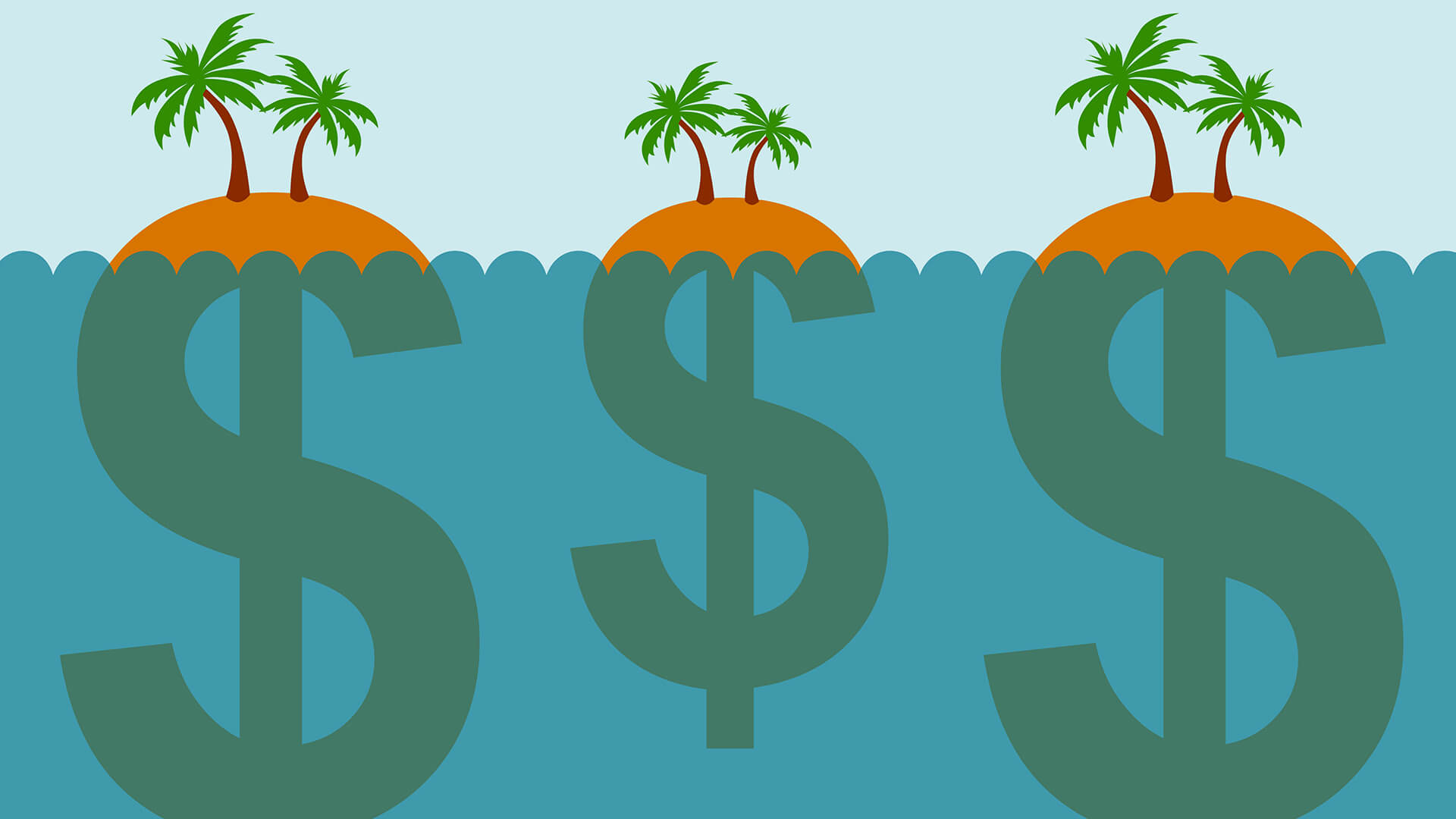
Offshore Banking: Breaking The Taboo
It’s not what you think. Offshore banking is often slandered, and most commonly associated with tax evasion. But this begs to question – what do people really know about offshore banking? James Turner, Director at York-based Turner Little tells us everything we need to know about offshore banking.
“Offshore banking, simply put, is banking done in a country other than the one you live in. That’s it. It doesn’t mean tax evasion, it doesn’t mean hiding money, it doesn’t mean fraud, it’s perfectly legal – and convenient.
“There are both financial and legal advantages to banking offshore. At Turner Little, we recommend clients consider the why, before they consider the where. Banks in certain countries tend to be less stable, whilst other offshore jurisdictions are incredibly stable and provide easy account set-up and access online.
“One clear benefit is having access to a multi-currency account. If you have international financial obligations, the ability to transfer money between currencies is a relatively fast and painless experience, with some offshore banks able to provide competitive rates in comparison to regular banking services.
“Depending on the bank you choose, offshore banks can act as a private banking facility, where lending and credit facilities can be more flexible and tailored specifically to your needs. A good offshore bank will also be able to provide you with a wide array of funds and investments that are appropriate to your risk profile and the outcomes you want to achieve.
“Offshore banking is also one way you can ensure your financial information is kept private. It’s also a way in which you can protect your assets against financial instability. Offshore banking works if you use it correctly, and if all the documentation is correct – this is where we come in. At Turner Little, we familiarise ourselves with the regulations necessary for compliance in a multitude of offshore jurisdictions – so you don’t have to. When the rules are followed, offshore banking is legal and gives you the means to better protect your assets, providing you with both financial strength and freedom.”
























